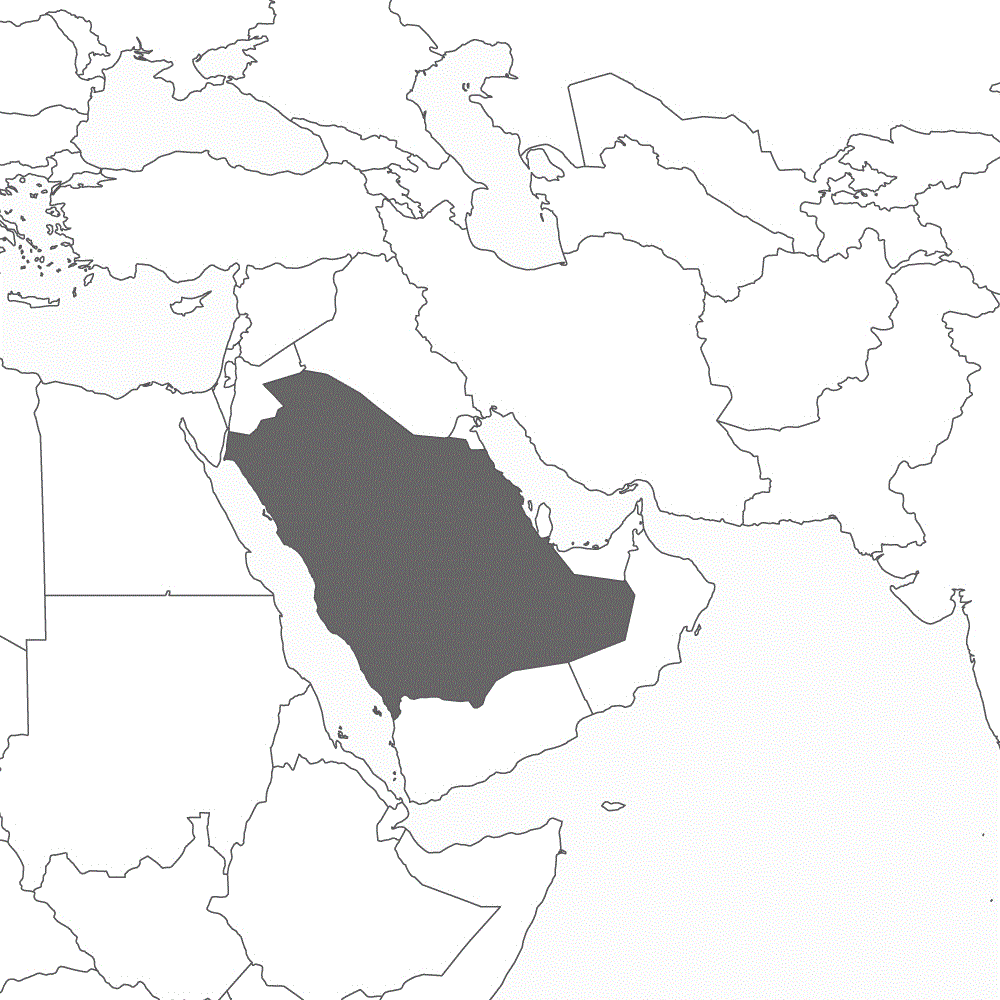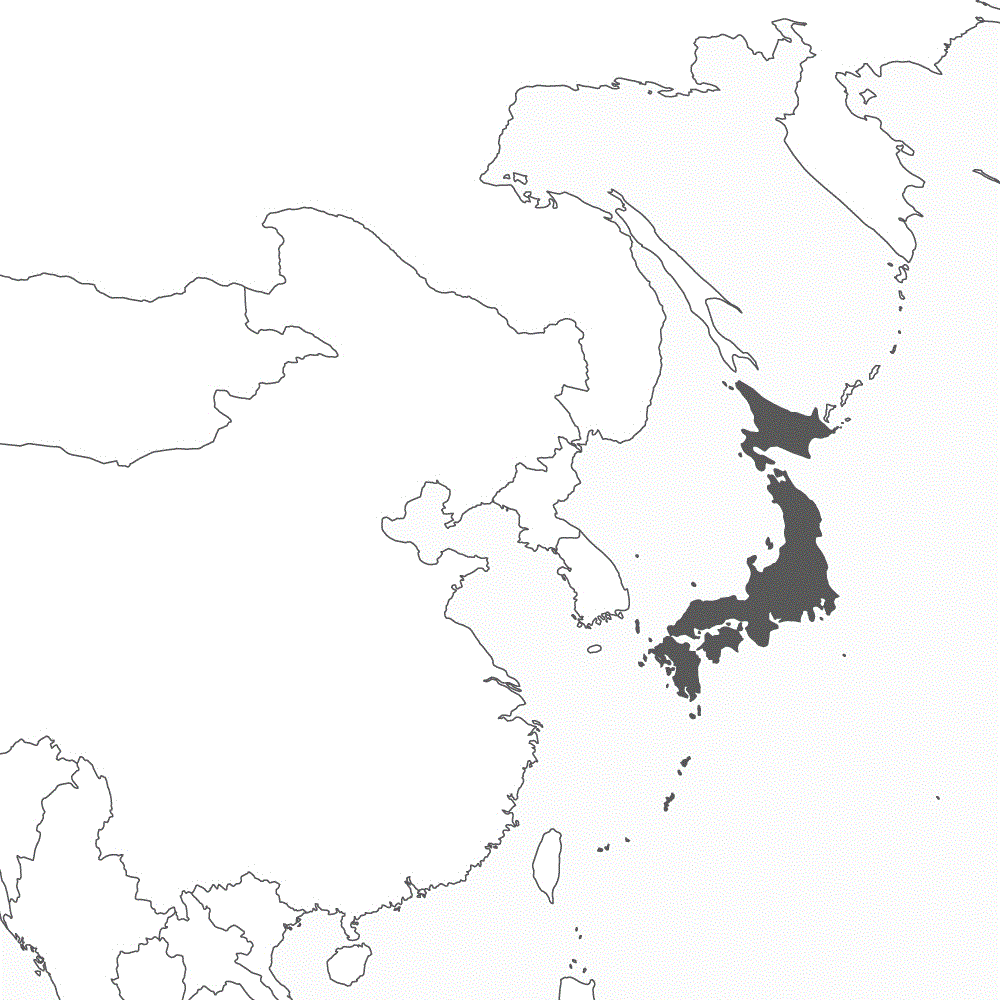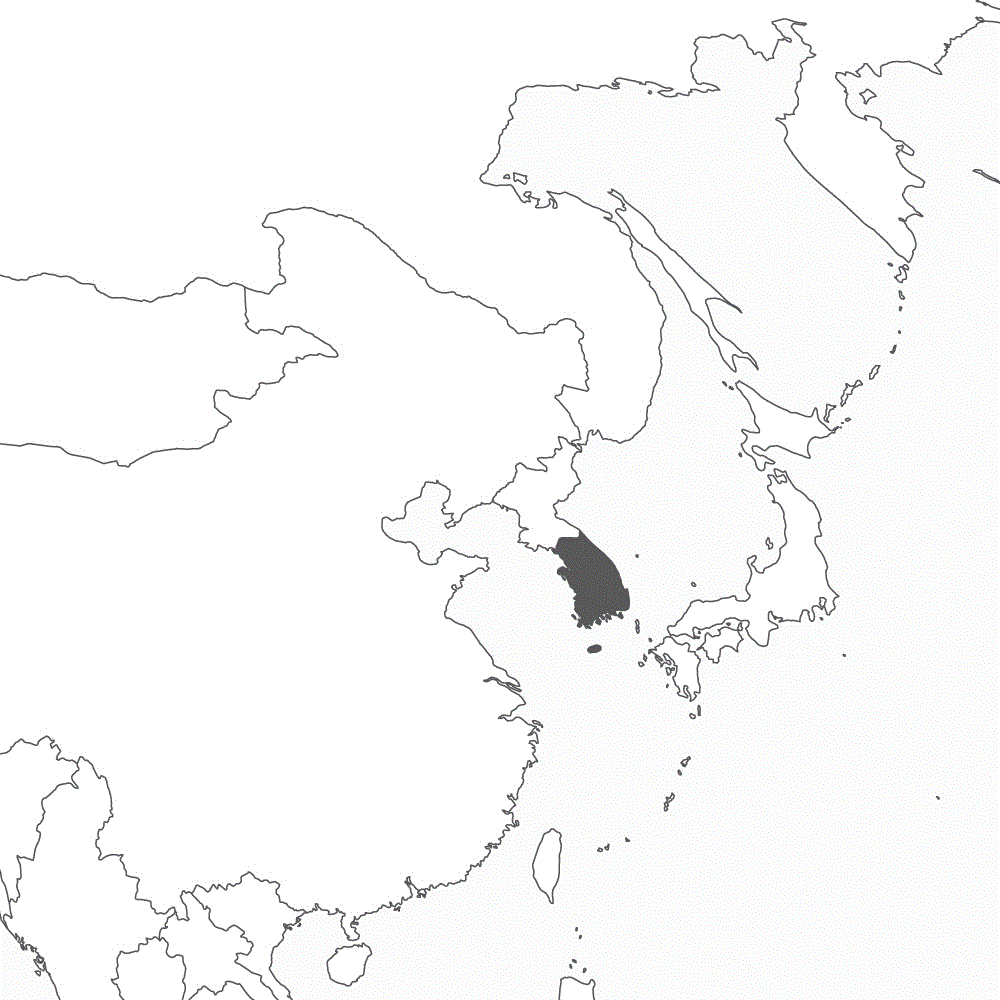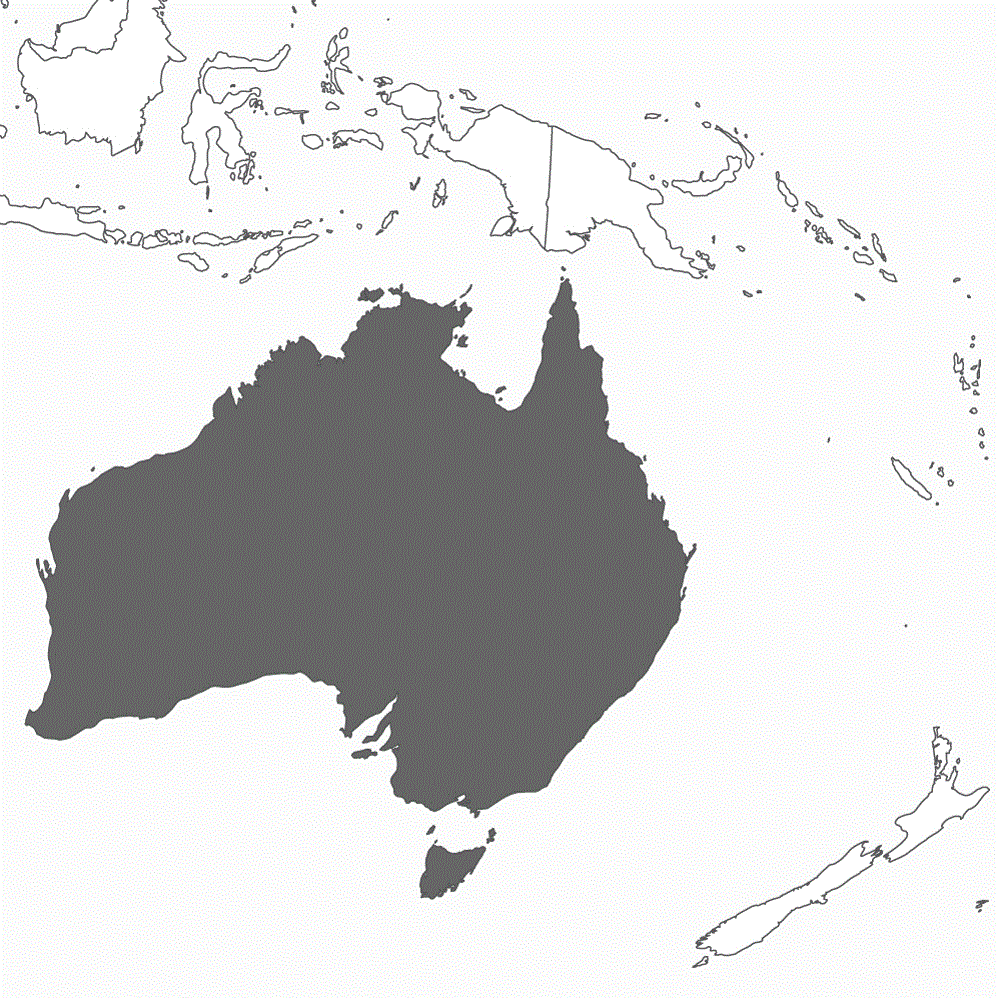The Failure of the Regime Change Policy
Rapprochement between Saudi Arabia and Syria seals the failure of the Western – also German – regime change policy in the Middle East. Western domination in the region wanes.
DAMASCUS/BERLIN (Own report) – The rapprochement between Saudi Arabia and Syria, after years of conflict, seals the failure of the Western – also German – regime change policy in the Middle East. Twelve years ago, the USA and European powers had attempted to use the protests against President Bashar al Assad to install a pro-Western lackey in Damascus. Concepts for Syria’s transition after Assad’s anticipated overthrow were drawn up eleven years ago. At the time, a member of the German foreign intelligence service was quoted saying, “we can be proud of our important contribution to the overthrow of the Assad regime.” The beginning of Russia’s military deployment in Syria, in September 2015, marked a turning point. And now, the governments of the Arabian Peninsula – once loyal partisans of the West, and fighting at its side to overthrow Assad – have begun to normalize their relations with Syria, parallel to a rapprochement between Saudi Arabia and Iran. The reconciliation policy in the Middle East has been mediated by China and is heralding the end of Western domination over the region. Read more
The End of US Domination at the Persian Gulf (III)
China gains new influence at the Persian Gulf with its successful mediation in the Saudi-Iranian conflict. Decline of US domination could also weaken Germany's position in the region.
RIYADH/TEHRAN/BEIJING (Own report) – With China gaining influence at the Persian Gulf through its successful mediation in the conflict between Saudi Arabia and Iran is not only calling into question US domination, but also Germany's position in that region. Beijing has achieved initial success in bringing about rapprochement between Riyadh and Tehran. Both are now intending to resume diplomatic relations and are negotiating far-reaching cooperation. It they succeed, US efforts at establishing a sort of Arab NATO against Iran, are about to fail. For decades, the Federal Republic of Germany has also been benefitting from US domination in the Middle East, as it could always procure crude oil and natural gas from the region, whenever needed and engage in profitable business deals. Most recently, a former Siemens CEO temporarily served as economic advisor to Saudi Crown Prince Muhammad bin Salman, the actual ruler of the country. It is uncertain whether the receptiveness to Berlin's interests in the Middle East will continue despite the loss of U.S. influence. The close alliance between Saudi Arabia and the United States has been in a crisis for some time. Read more
On the Side of War (II)
China and Russia negotiate an end to the war in Ukraine. West rejects attempt at solutions, because of its efforts to defend global domination.
MOSCOW/BEIJING/BERLIN (Own report) – Politicians around the world had widely diverging reactions to the talks that just ended in Moscow between the presidents of China and Russia and their negotiations on ending of the war in Ukrainian. Officials of the Ukrainian government indicate openness toward talks with Beijing. Brazil’s President Luiz Inácio Lula da Silva called the reports on the meeting “good news,” and will follow up on the negotiations next week in China. Negative reactions are coming from the West, including from Germany’s Foreign Minister Annalena Baerbock, who alleges that Beijing’s initiative in pursuit of peace talks is utterly inadequate. This is in response to the fact that in Moscow, Xi Jinping and Vladimir Putin have not only explored possibilities for terminating the war in Ukraine, but have also initiated an expansion of their cooperation, which puts into question the prevailing Western global domination. Due to the fact that particularly China has “both the intent” as well as the power to “reshape the international order,” the National Security Strategy of the United States calls for Washington to “outcompete” the People’s Republic of China. Read more
Anniversaries of Three Wars of Aggression
This week marks the anniversaries of three wars of aggressions waged in violation of international law by Western powers against foreign countries, claiming countless victims – including through war crimes – that still remain unpunished.
WASHINGTON/BERLIN (Own report) – This week marks the first bombing waves of the wars of aggression in violation of international law, which have had no consequences for the perpetrators. Today, twenty years ago, US troops launched the invasion of Iraq with the participation of British, Australian and Polish troops. This invasion was legitimized with blatant lies and was to serve strategic power interests, like the assault on Libya, launched by French fighter jets twelve years ago yesterday – invoking initially a resolution of the UN Security Council, which was immediately violated and illegally used to overthrow the Libyan government. On Friday, 24 years ago, NATO troops, including German troops, launched their aggression against Yugoslavia in violation of international law to split off its southern province, Kosovo. Loudly applauded in the media, German Foreign Minister Annalena Baerbock proclaimed that wars of aggression should “not go unpunished,” but, of course, she – like the leading media organs – do not want this to apply to Western wars. The same holds true in regards to the most serious war crimes committed by Western soldiers. Only whistleblowers, who helped expose them to the public, are being punished. Read more
War Preparations at the Pacific
Tomorrow, German-Japanese government consultations will be held in Tokyo for the first time. Berlin intensifies the Bundeswehr’s Asia-Pacific activities. Japan and USA dramatically boost the region’s militarization.
BERLIN/TOKYO/WASHINGTON (Own report) – For the first time ever, the German government will hold German-Japanese government consultations in Tokyo this weekend with a special focus on expanding bilateral combat exercises at the Pacific. Chancellor Olaf Scholz and six ministers, including Defense Minister Boris Pistorius, will meet for talks with their Japanese counterparts tomorrow to intensify cooperation between the two states. This comes at a time when not only Japan is embarking on a massive arms build-up, increasing its military budget by over 50 percent, and is procuring missiles and cruise missiles that can reach China. The United States as well, is dramatically expanding its military presence in the vicinity of the People’s Republic, amassing its armed forces throughout the first island chain off China’s coast – from Japan via Taiwan to the Philippines – and turning Australia into a sort of rear base of operations for launching eventual attacks on China. Even military bases on small islands in the Pacific are being expanded to secure supplies from the USA for combat in eastern Asia. At the same time, the Bundeswehr is expanding its exercises throughout the entire region. Read more
“On the Side of Diplomacy” (III)
West will pressure Kiev to negotiate an end to the war in the fall, predicts the German Green Party’s parliamentary foreign policy spokesperson. Brazil, China and Saudi Arabia are already working toward peace.
BERLIN/BEIJING/BRASÍLIA/RIYADH (Own report) – German Green Party Parliamentary Foreign Policy Spokesperson Jürgen Trittin, predicts that, in the fall, the West will put heavy pressure on Ukraine to negotiate with Russia to end the war. The US administration recently sent out signals to this effect, Trittin reported. It would be unwise to continue the support for Kiev in the coming presidential elections, due to a change of mood within the US population. While this is an indication that Kiev must change course, several countries outside the transatlantic West are intensifying their mediation for a ceasefire. Brazil continues to promote peace negotiations between Russia and Ukraine. Following his visits to Kiev and Moscow, Saudi Arabia’s foreign minister Prince Faisal bin Farhan al Saud confirmed that Riyadh is also pursuing such activities. According to reports, China’s President Xi Jinping is expected to arrive soon for talks in Russia and to subsequently hold talks with Ukraine’s President Volodymyr Zelensky. Unlike the West, Zelensky already welcomes the negotiation initiatives. Read more
Crime Scene Baltic Sea (IV)
German und US media present unsubstantiated alternative version of the Nord Stream pipelines' sabotage – diverting well-founded suspicion from the United States.
BERLIN/WASHINGTON (Own report) – German und US media are trying to divert from the well-founded suspicion of the US government's responsibility for the sabotage of the Nord Stream pipeline by presenting an alternative version. According to reports published on Tuesday on both sides of the Atlantic and based on anonymous US government sources and unconfirmed investigations, a group of six, possibly Ukrainian or Russian nationals, is believed to have single-handedly committed the sabotage with a yacht rented in Rostock – with no indications of government involvement. This is quite astonishing since, up to now, government responsibility was considered to be the only established fact, due to the enormous resources required. To support the alternative version of the crime, German investigators are said to have discovered traces of explosives on a table in the yacht in January – nearly four months after the sabotage. Above all, the alternative version serves one purpose: to divert suspicion from the USA, which bears responsibility for the crime – according to the research by the US journalist Seymour Hersh. Read more
NATO at the Pacific (II)
South Korea’s President renounces compensation from Japan for World War II crimes to facilitate the West’s closing ranks against China. Bundeswehr conducts exercises with units from South Korea.
BRUSSELS/SEOUL (Own report) – South Korea’s President Yoon Suk Yeol announced the renunciation of compensation from Japan for its crimes committed during its occupation in World War II to facilitate closer – including military – cooperation with the West. Yesterday, Yoon announced his plan to establish a foundation, which will use South Korean funds to compensate forced laborers, who had been exploited by Japanese companies until 1945. The plan is met with broad protest in South Korea, while being seen with sympathy in the West: It is facilitating the transatlantic powers’ closing ranks with Japan and South Korea against China. Like Tokyo, Seoul, for years, has been intensifying its cooperation with NATO. Yoon attends NATO summits and South Korea’s armed forces plan to participate in exercises of the transatlantic military alliance. The Bundeswehr has also been regularly engaged in exercises with the South Korean troops since the frigate Bayern made its first Asian Pacific cruise in 2021/22. South Korea is boosting its military budget, currently by 6.8 percent. Japan is pursuing the strongest militarization in the region. Read more
German Army at the Pacific
Ground forces of the German Bundeswehr will participate in a combat exercise in Australia this summer, in a follow-up to its naval and airborne exercises in the Asia-Pacific region.
CANBERRA/BERLIN (Own report) – The German Bundeswehr is preparing to dispatch ground forces to a major exercise in the Asia-Pacific region. The Bundeswehr announced that “alongside troops from the sea battalion and the air force” an infantry company from the army will also be dispatched this summer, for the first time, to Australia to participate in the Talisman Sabre 2023 combat exercises. The Talisman Sabre maneuvers are being held every two years and are reputed to be Australia and the United States’ largest joint training operations. Participants include Japan and South Korea and, according to reports, also France, whose colony New Caledonia is not far away from the exercise region, which covers areas of Australia’s state of Queensland and the Coral Sea. Over the past two years, Bundeswehr units have been dispatched to combat exercises in the Asia-Pacific region: From August 2021 to February 2022 the frigate Bayern, in the summer of 2022 an air force squadron. Both will be continued next year. The Asia-Pacific exercises are being conducted alongside new NATO operations in the region – and are intensifying the escalation of the power struggle against China. Read more
GERMAN-FOREIGN-POLICY.com
Information on German Foreign Policy: News + Interviews + Analyses + Background







